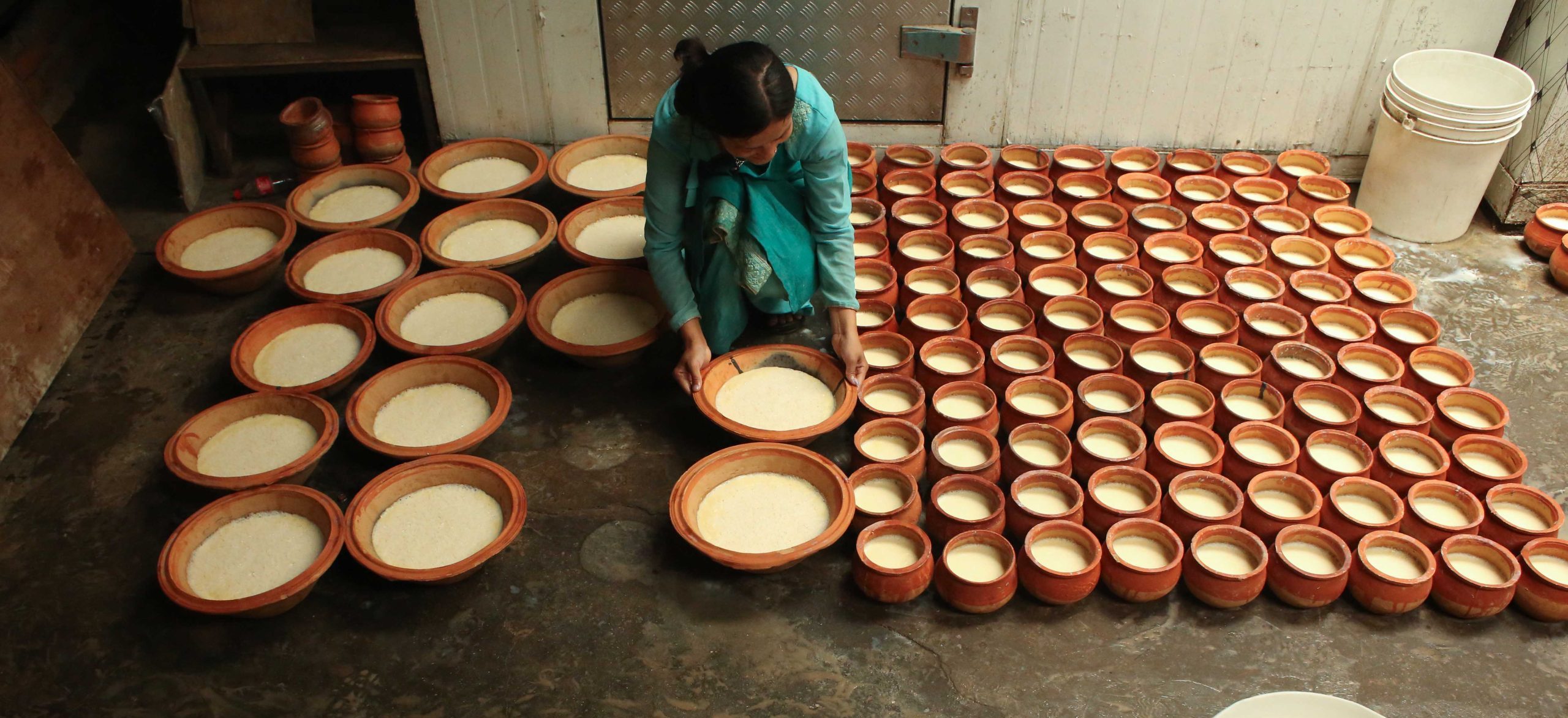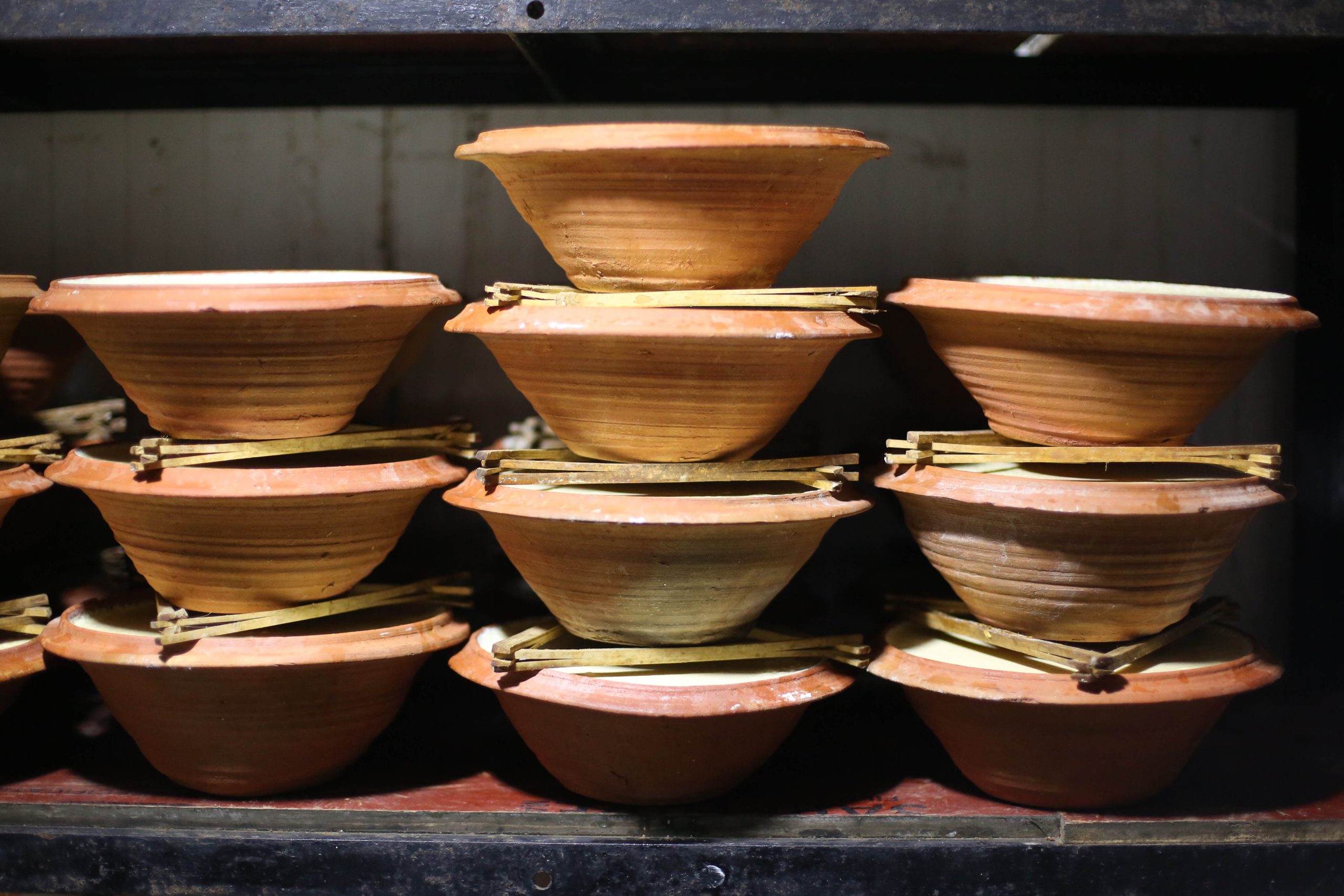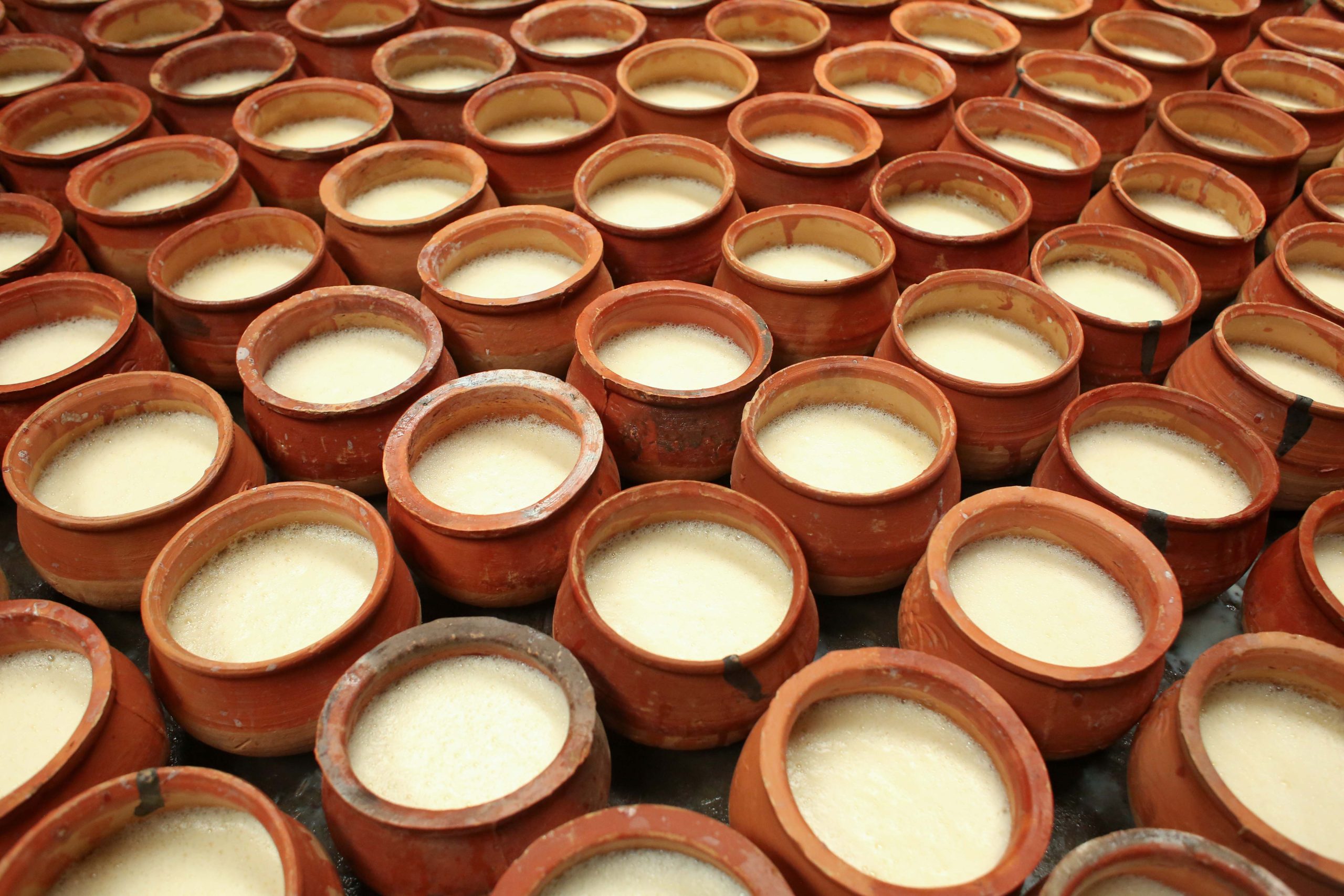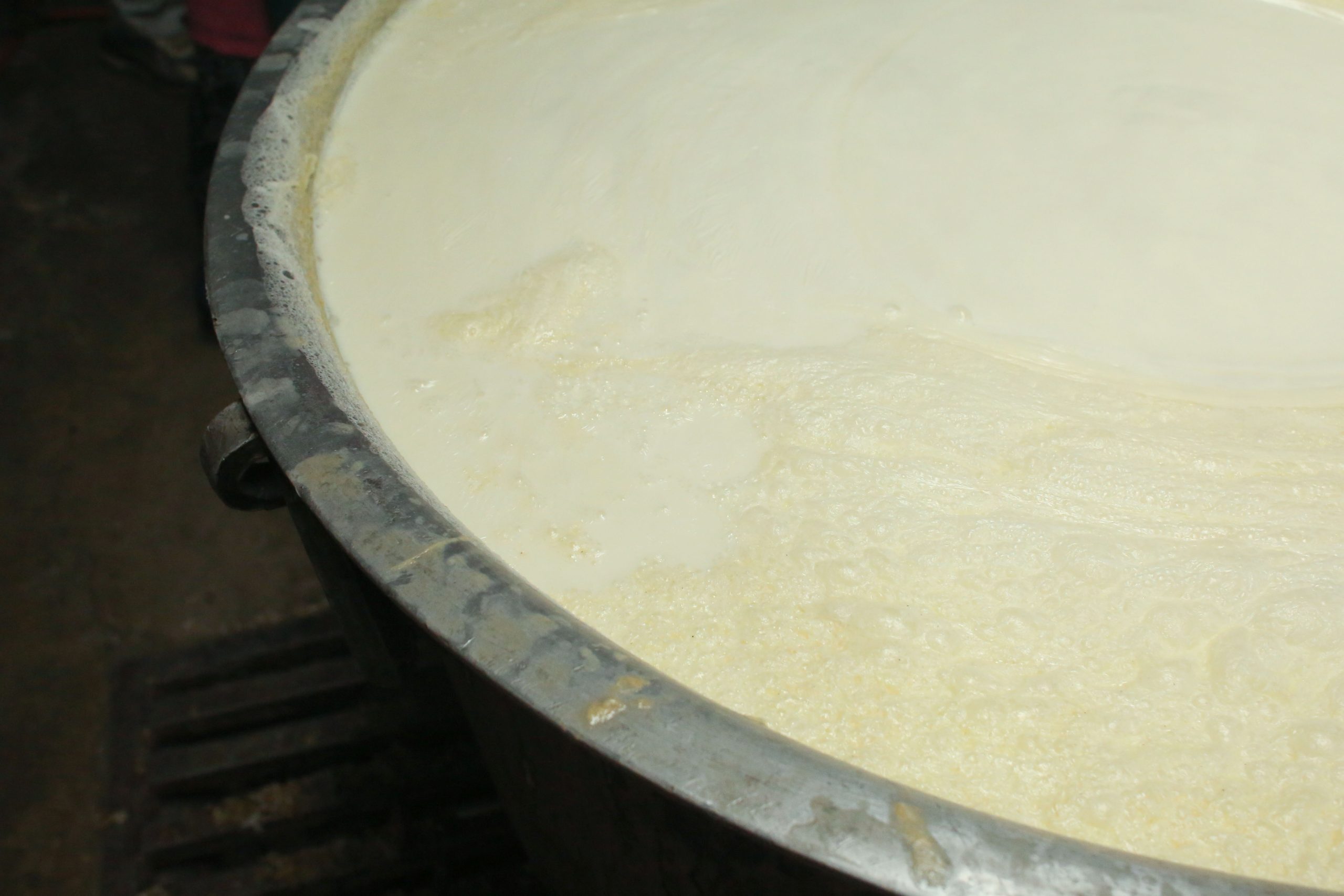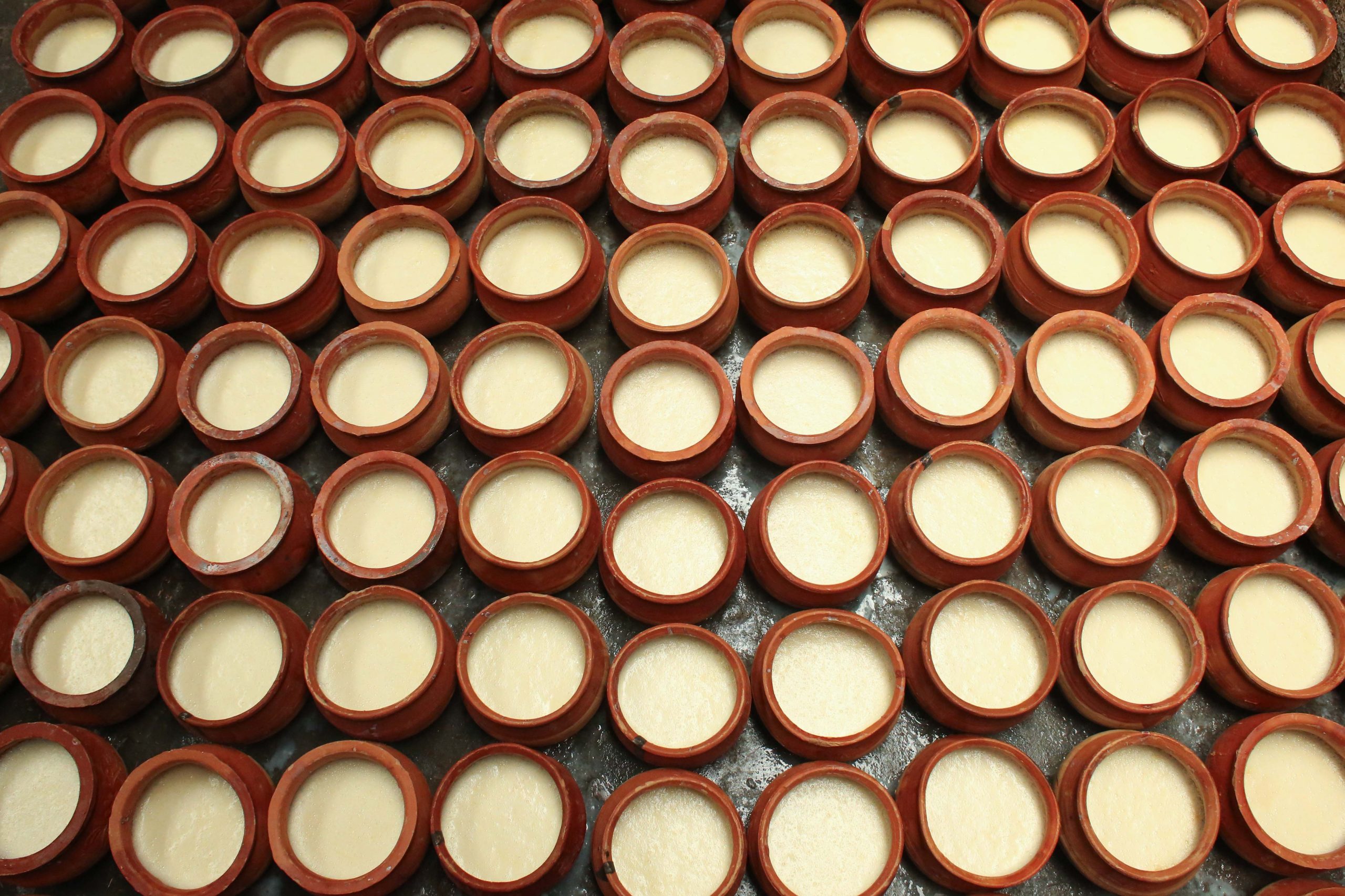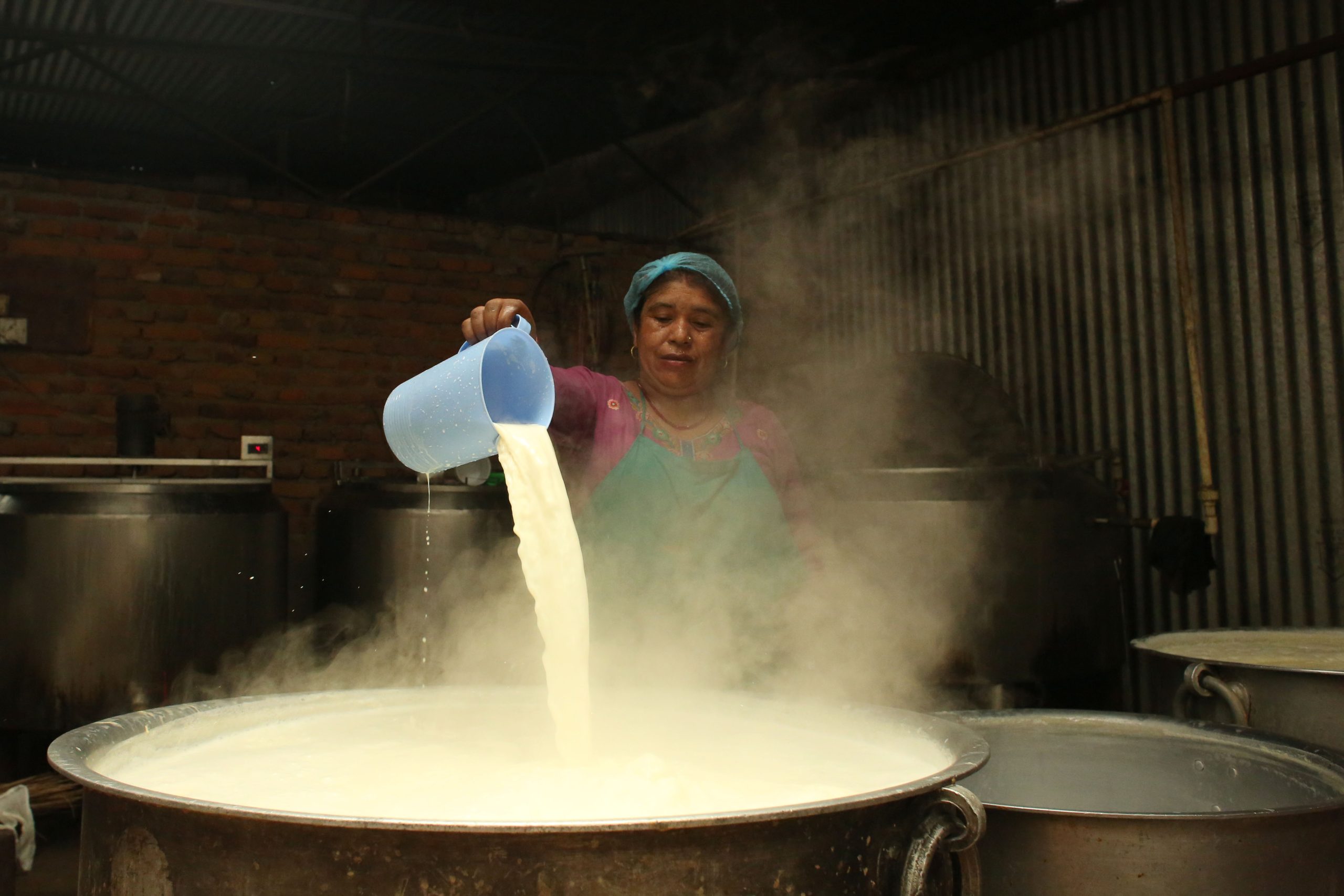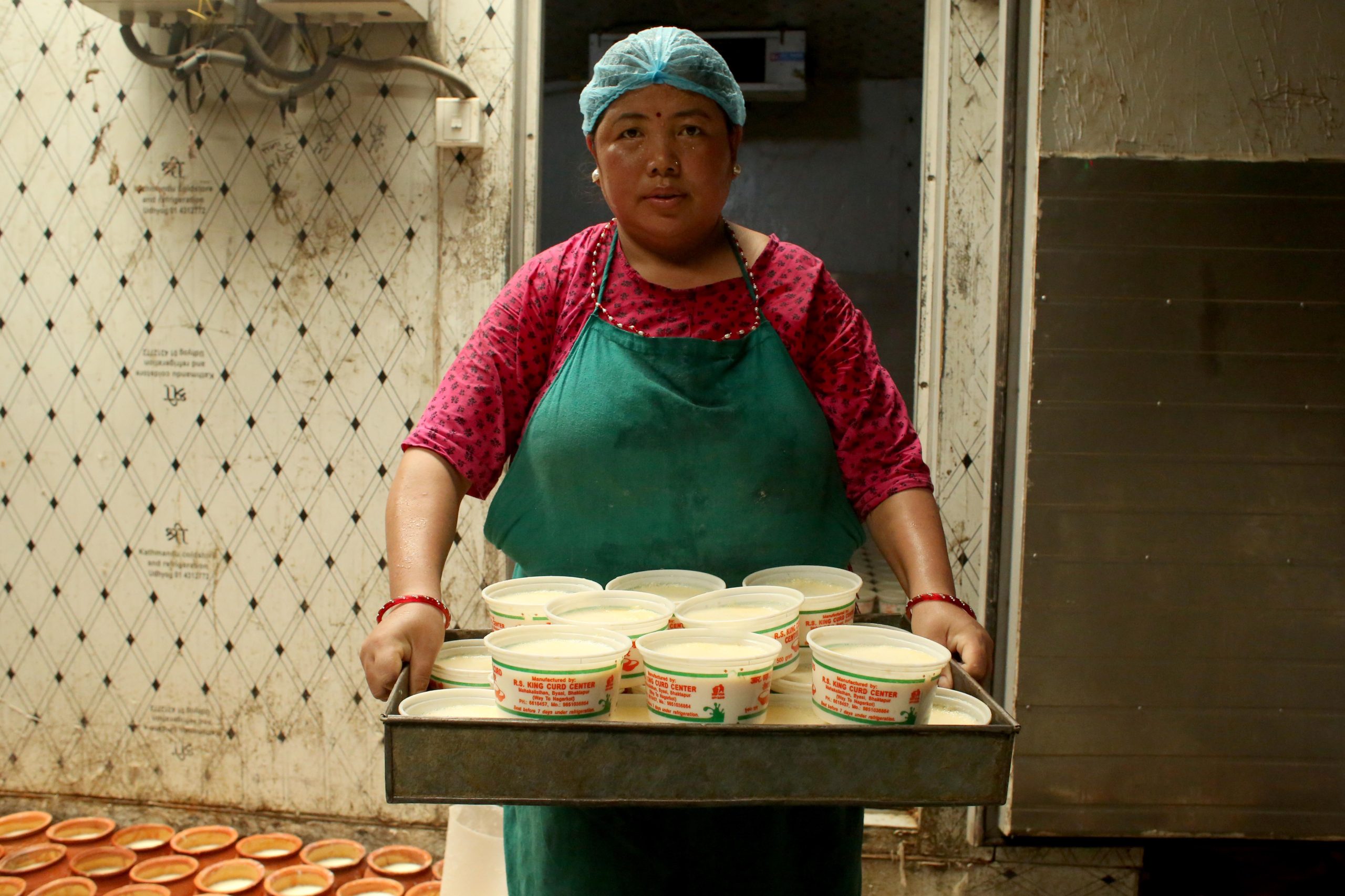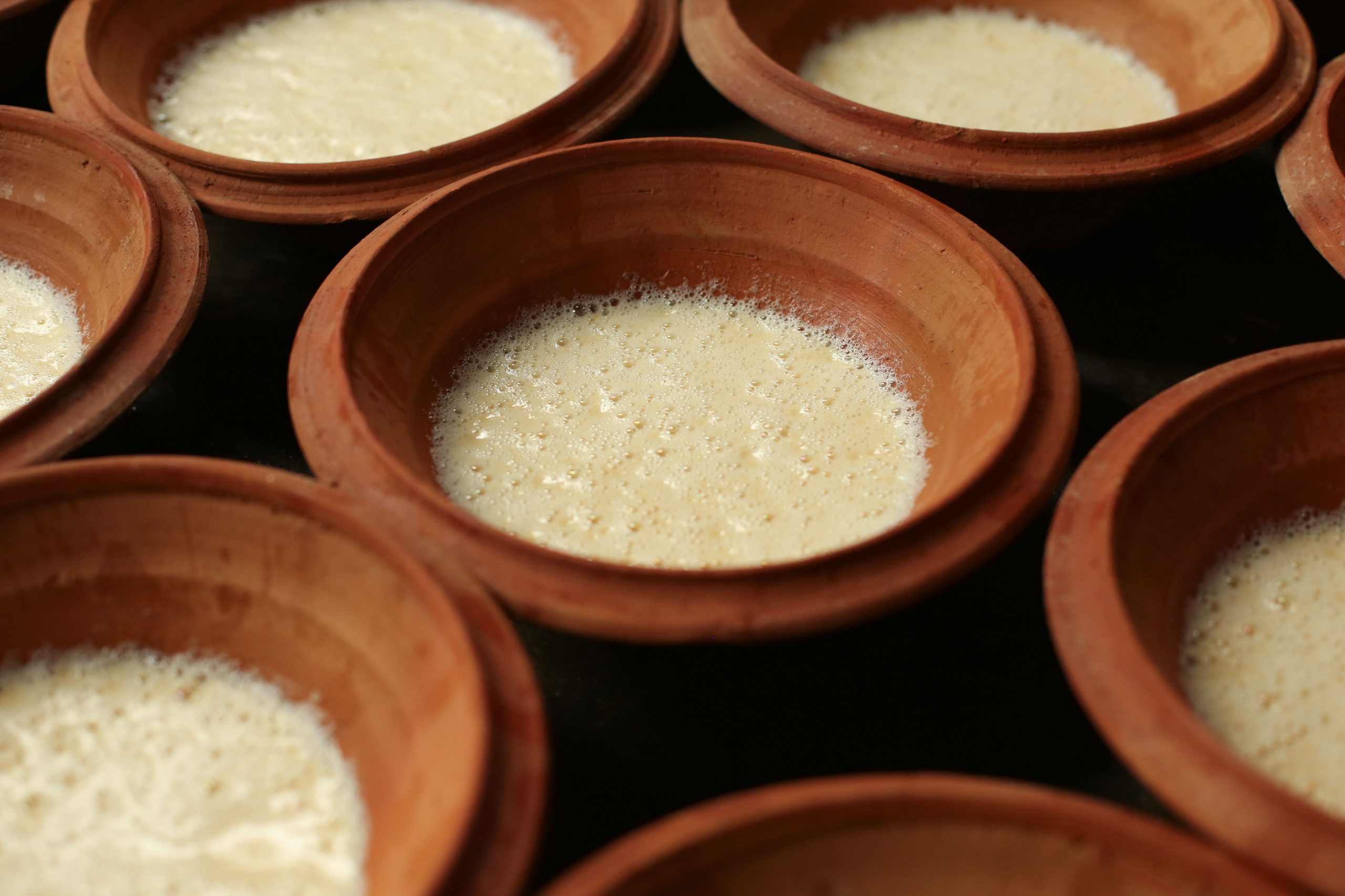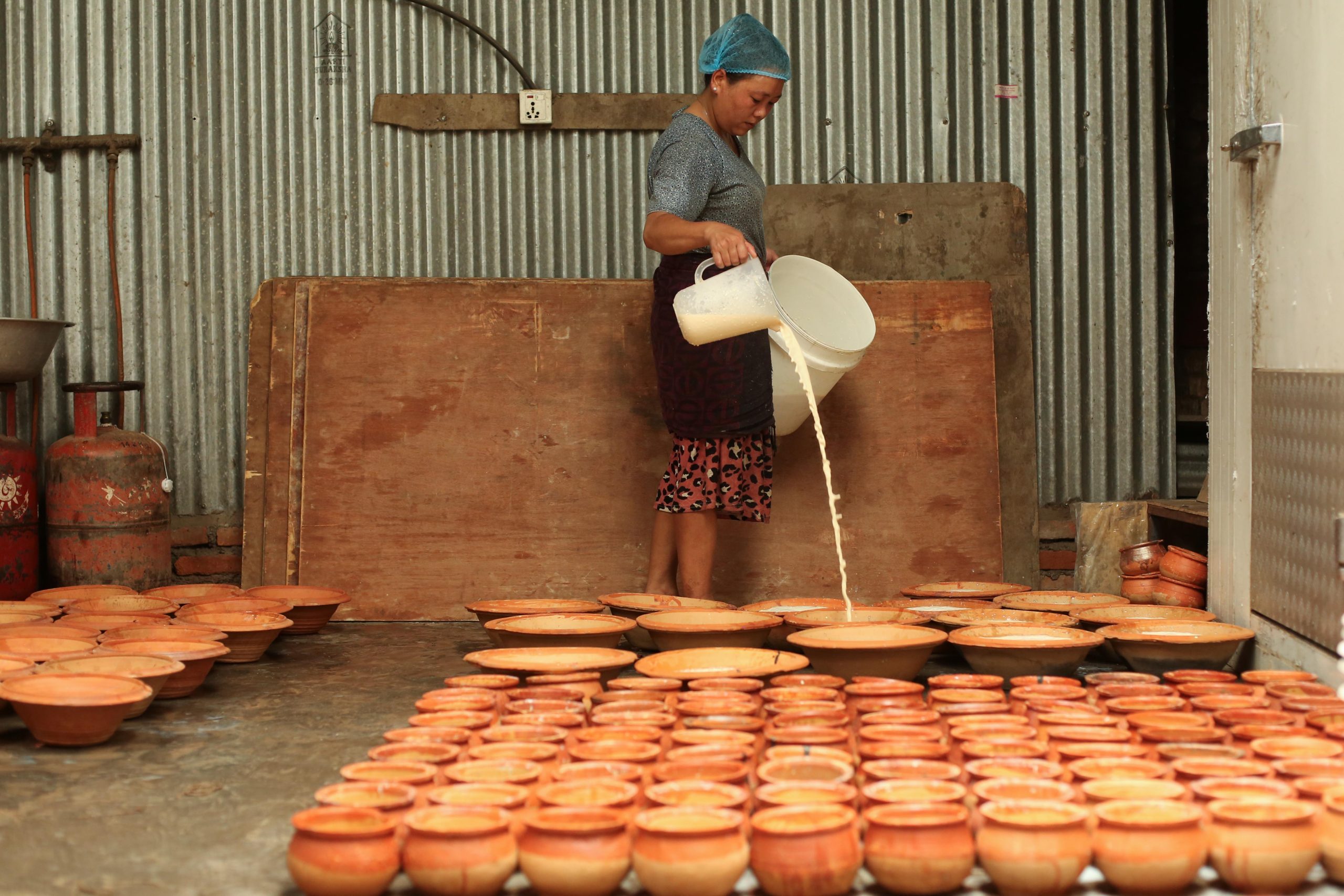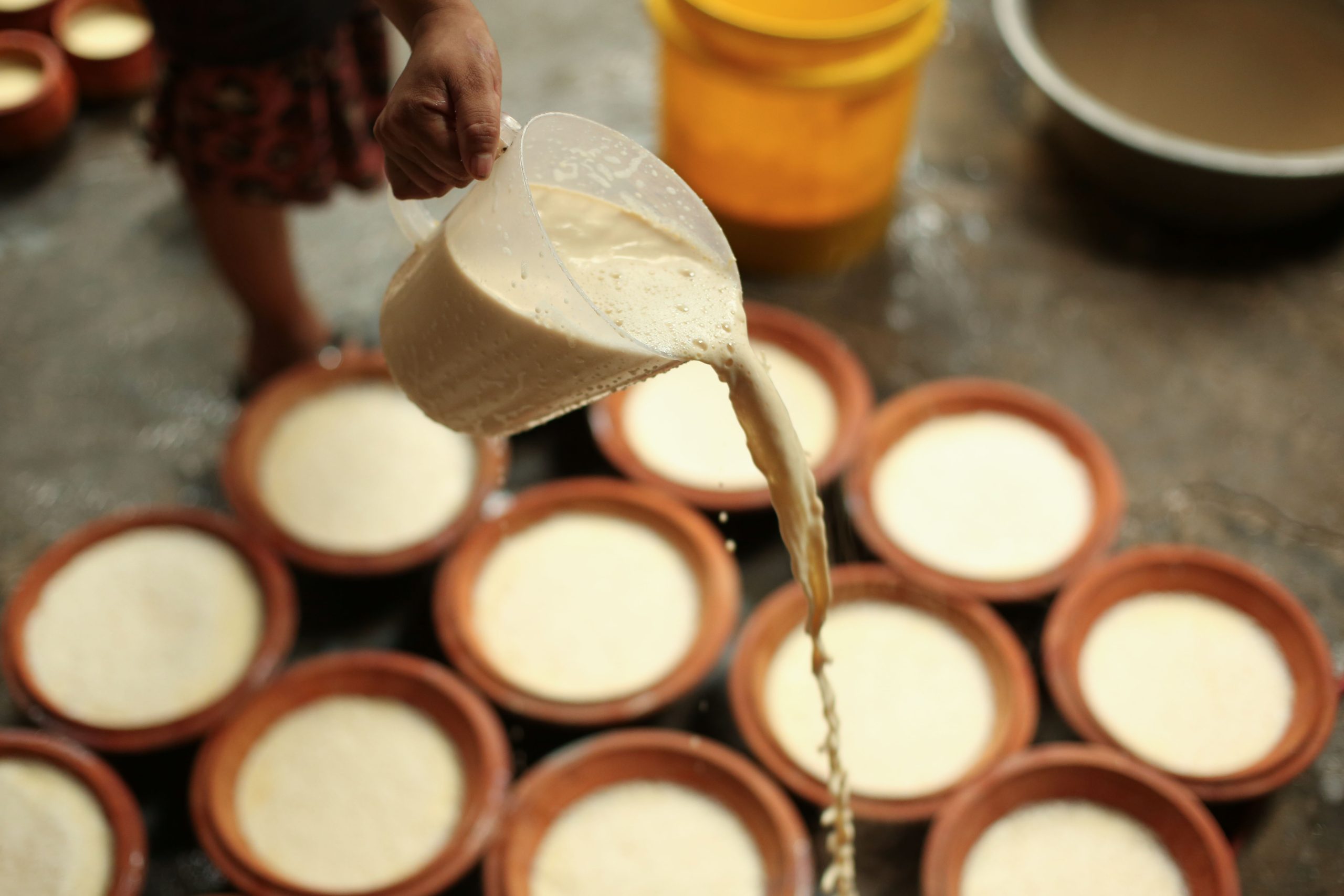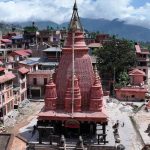High demand of Bhaktapur’s “Juju Dhau:” for Paddy Day (Photos)
Juju Dhau: (King Curd) producers in Bhaktapur are extremely busy with boiling milk and preparing curd for the National Paddy Day.
Trending
-
1
Lions Clubs distribute educational materials and uniforms to students in Sindhupalchok (Photo Feature)
-
2
‘Sickroom’-Undeclared love story between childhood friends (Photo Feature)
-
3
Anju Shrestha releases new ghazal “Yo Maya Ni Kasto”
-
4
KMC’s muddy roads (Photos)
-
5
MP Dhakal greets Pope Leo XIV
-
6
323 Years of Nyatapola: Bhaktapur’s Historic Temple Celebration (Photos)
-
7
Jagannath Rath Yatra in Kathmandu (Photo Feature)
News Update
-
High demand of Bhaktapur’s “Juju Dhau:” for Paddy Day (Photos)
-
Rato Machhindranath Temple rebuilt after earthquake devastation
-
Monsoon Misery: Forgotten Victims of the Nallu River Flood
-
SEE 2081 Results Out: 61.81% Students Graded
-
Jagannath Rath Yatra in Kathmandu (Photo Feature)
-
Pappu Construction’s unfinished projects in Kathmandu; 12 years but Tinkune and Teku Bridges still in Limbo (Photos)
-
323 Years of Nyatapola: Bhaktapur’s Historic Temple Celebration (Photos)


